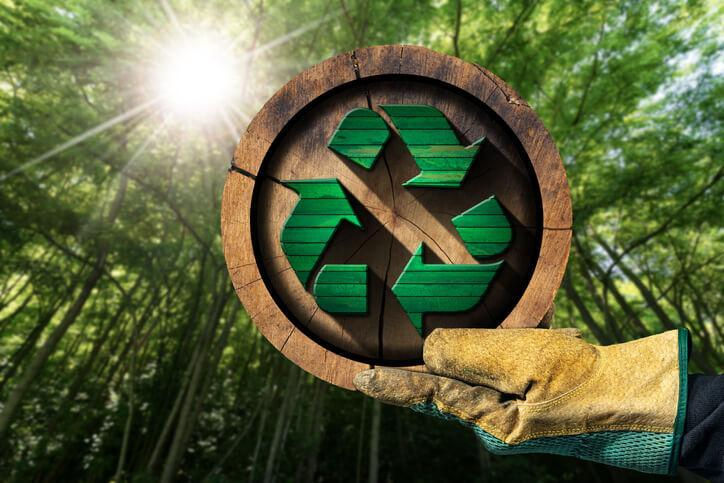Unwrapping the Truth: How Plastic is Choking the Meat Industry and the Environment
- May 2, 2024
- 2 min read
Updated: Jul 22, 2025

Plastics have become an almost inextricable part of modern food packaging, offering durability and convenience that few materials can match. However, the cost to the environment is becoming increasingly apparent, as the meat packing industry, among others, grapples with the impact of non-biodegradable packing solutions. What many may not be aware of is that there are now holistic and sustainable alternatives on the horizon.
Let’s address the problem. Traditional plastic packaging in the meat industry is not only its contribution to the ever-growing pollution of the planet but also its role in the potential threat to wildlife and the disruption of ecosystems as it breaks down into microplastics. Furthermore, these packaging solutions add to the swelling landfills where they take hundreds of years to decompose, releasing noxious substances in the process.
Fortunately, conscientious companies in the packaging sector, such as PlasTechFree, Inc., have recognized this challenge and are stepping forward with innovative solutions. Home compostable, plant-based packaging options are now making their way into the marketplace. These eco-friendly alternatives are derived from renewable resources like corn starch, sugarcane, bamboo and other sustainable plants, offering the same functionality without the environmental toll. Such materials can break down in a domestic compost setup within a few months, transforming into nutrient-rich soil that can support plant growth. And PlasTechFree’s products can even biodegrade in landfills due to being true plant-based products.
For the meatpacking industry, the logistics of converting to plant-based packaging is not complex, and the solution becomes clearer through the lens of long-term benefits. To have a successful and impactful transition, a well-structured approach is required, involving the alignment of suppliers, distributors, and retailers. However, the effort is worthwhile when considering the potential decrease in waste disposal costs and the positive consumer response to eco-friendly practices. Stakeholders in the meatpacking industry acknowledge this transition will not be without its challenges. Yet, the promise of a reduced carbon footprint and a positive corporate image is driving innovation. The key to a successful transition is widespread education and adoption. Industry leaders must demonstrate the economic and environmental value of these new materials to spur change.
The packaging industry overall stands at a crucial junction where it can embrace home compostable plant-based packaging and set a precedent for sustainability. The ripple effects of this decision can catalyze a broader environmental impact, mitigating the plastic problem one package at a time. With a well-informed strategy, clear communication, and a commitment to sustainable values, these eco-friendly packaging alternatives don't just offer a solution – they herald a new era for the industry and an aligned future for the planet.



Comments